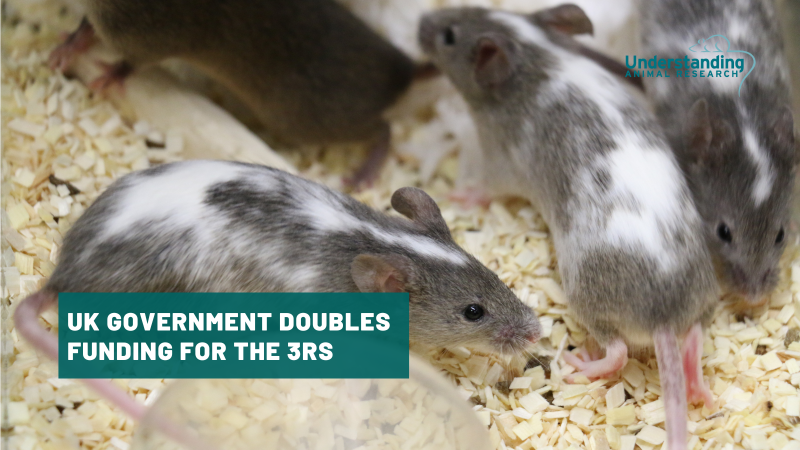Text to go here...
A discovery in pigs could increase the number of transplants that can be performed. Researchers have developed a cocktail of drugs that doubles the time a donated heart is viable for transplant.
The team studied pig hearts and their deterioration once outside the donors’ bodies and on their way to the recipient. They pinpointed what caused the deterioration, and found there were already drugs on the market that could block the process.
The cocktail of drugs both dilate the blood vessels and block channels in the heart. This prevents the heart from going into a type of ‘hibernation’ once it is starved of oxygen and nutrients. Following successful trials in rodents, the team tested the technique using pigs. They saw that the new solution could more than double the time the donor heart remained viable.
Clinical trials of the new solution are expected to begin within a year, and there are also plans to adapt the technique to other organs such as the liver and pancreas.
See also our page on organ transplants
Last edited: 11 January 2022 09:02



